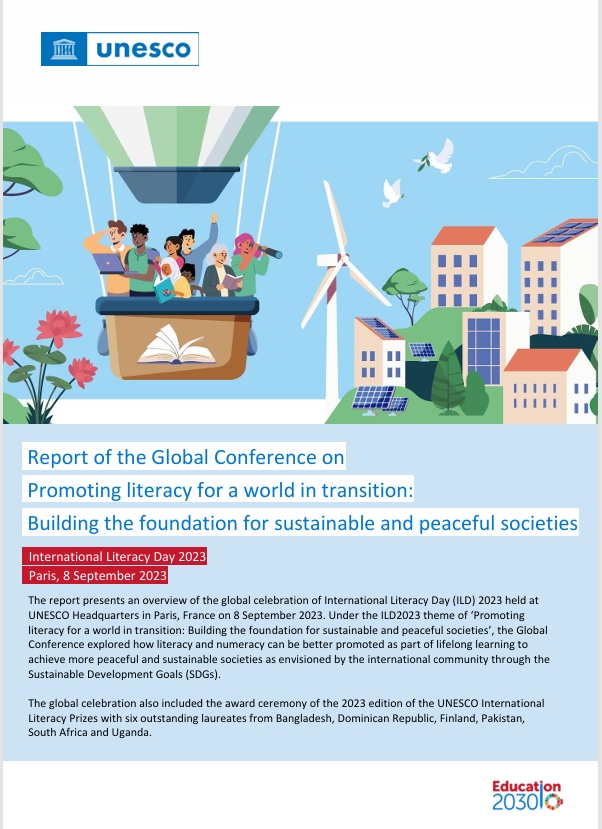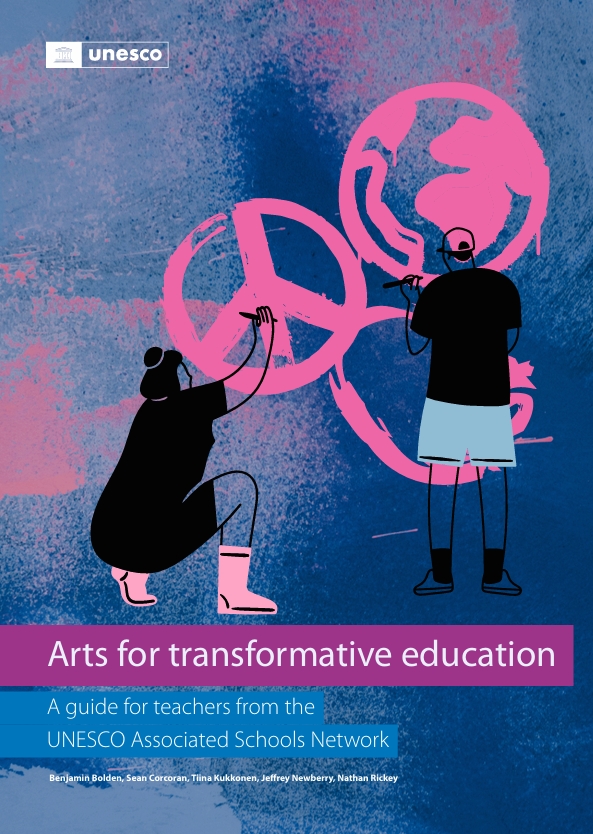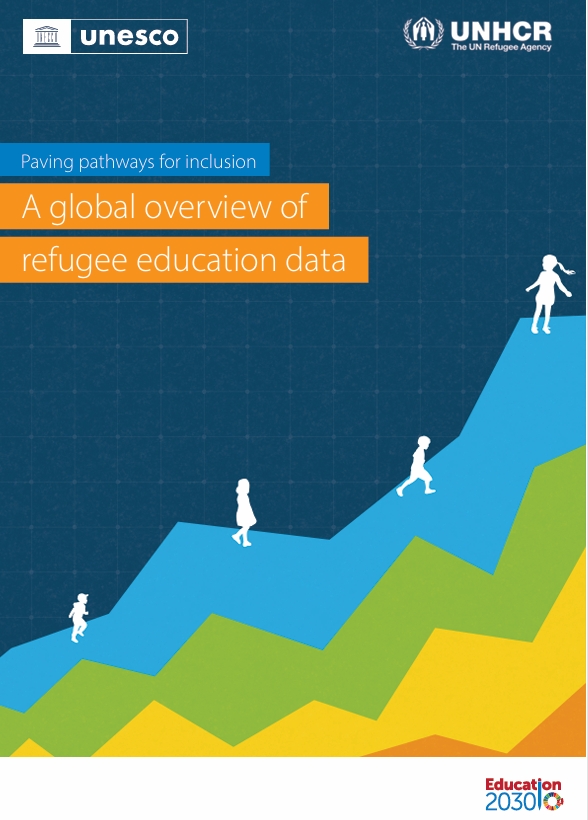Story Source: EdTech ~ Go to Original Article
A recent report from Education Design Lab outlines four models for universities and colleges to stay relevant in an education world that continues to move online. Five years in the making, the report details each of the models of innovation: the platform facilitator, experiential curator, learning certifier and workforce.
University officials can take a quiz to see which model best fits their campuses to create an innovative culture that fits the changing demands of higher education. “Rather than simply change the delivery model or launch new programs and supports, we wanted to help institutions understand the pace of labor market changes and student needs as we stand on the precipice of artificial intelligence-enabled, full-on digital competency-based learning,” write the report’s authors…………..






